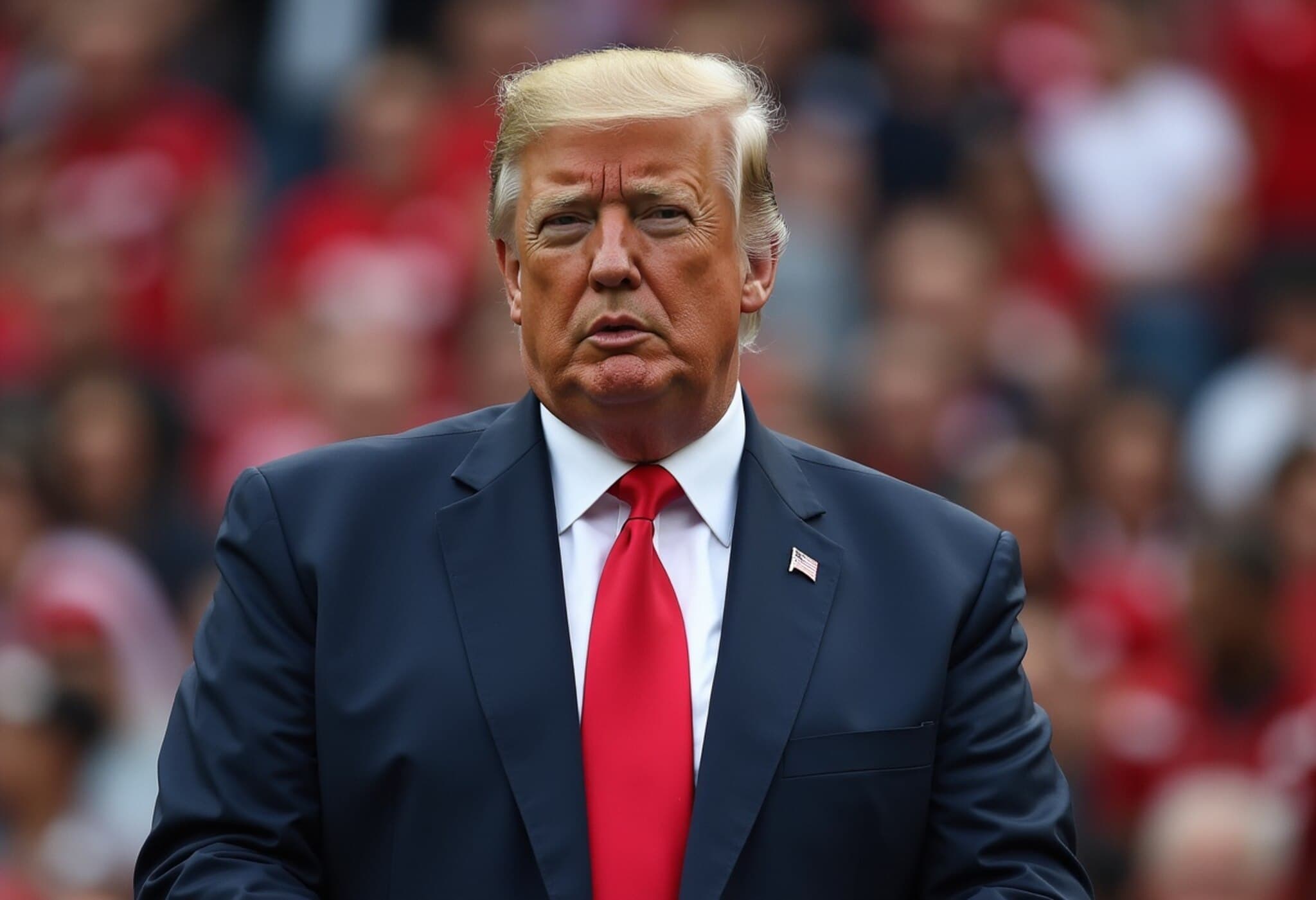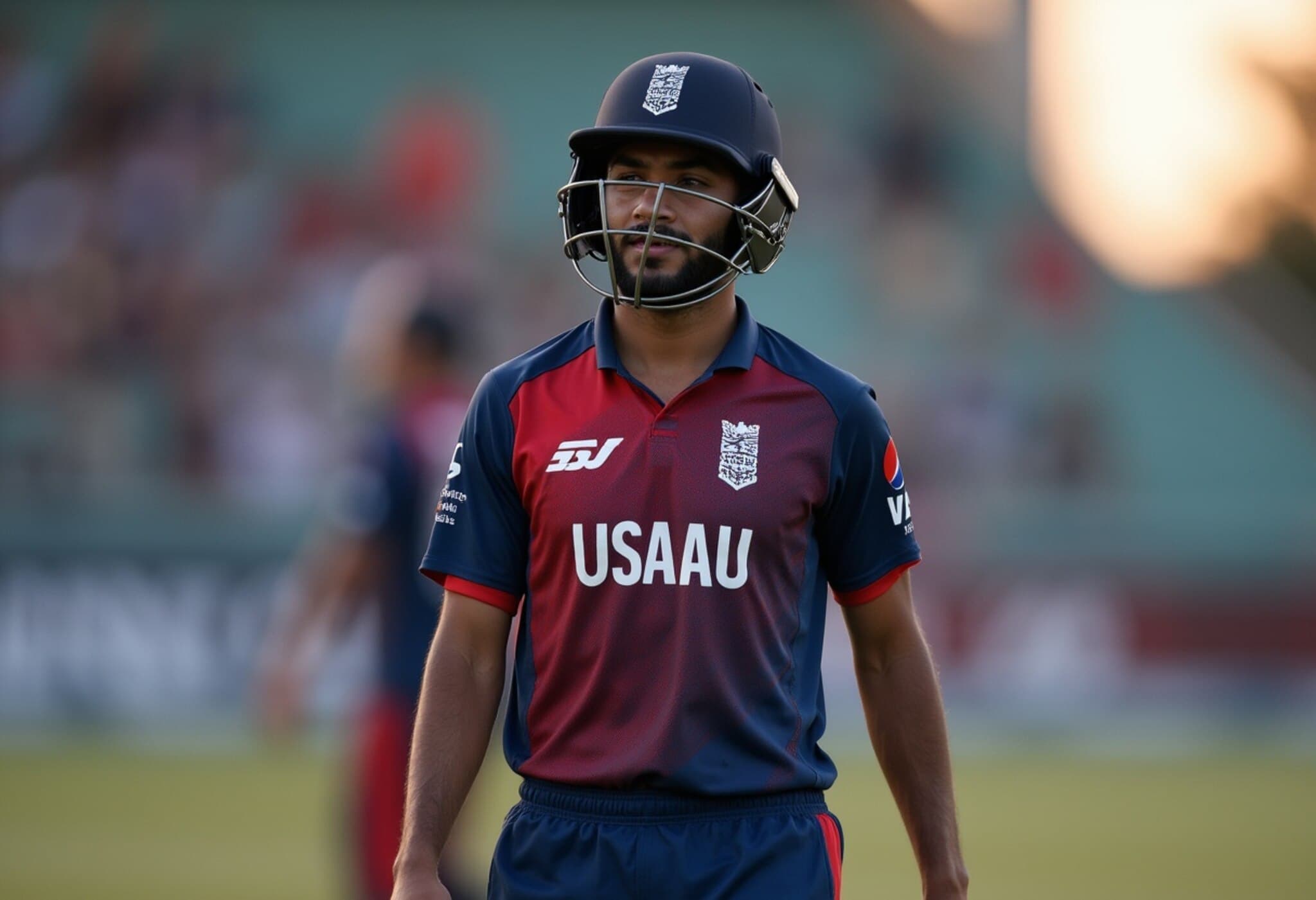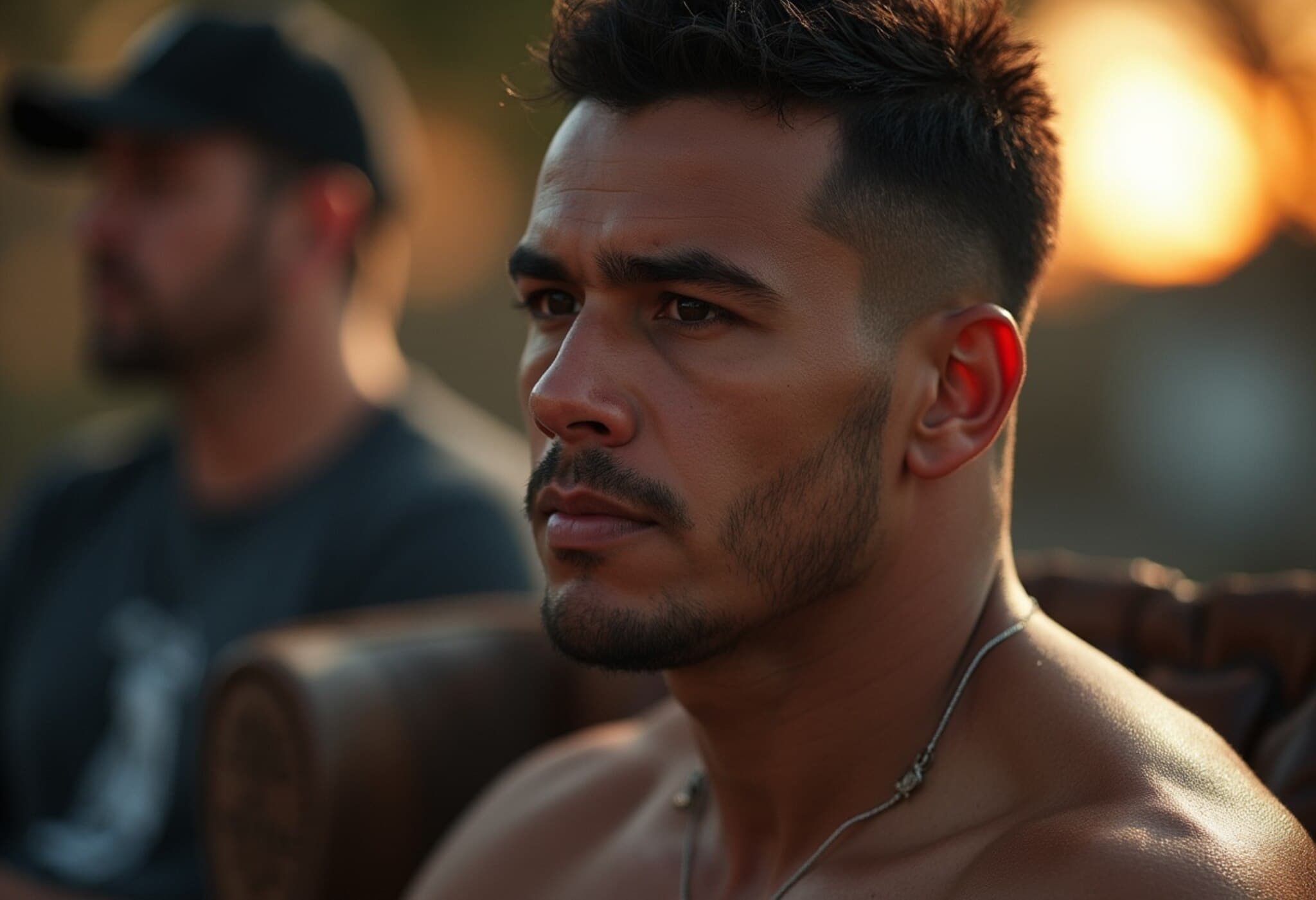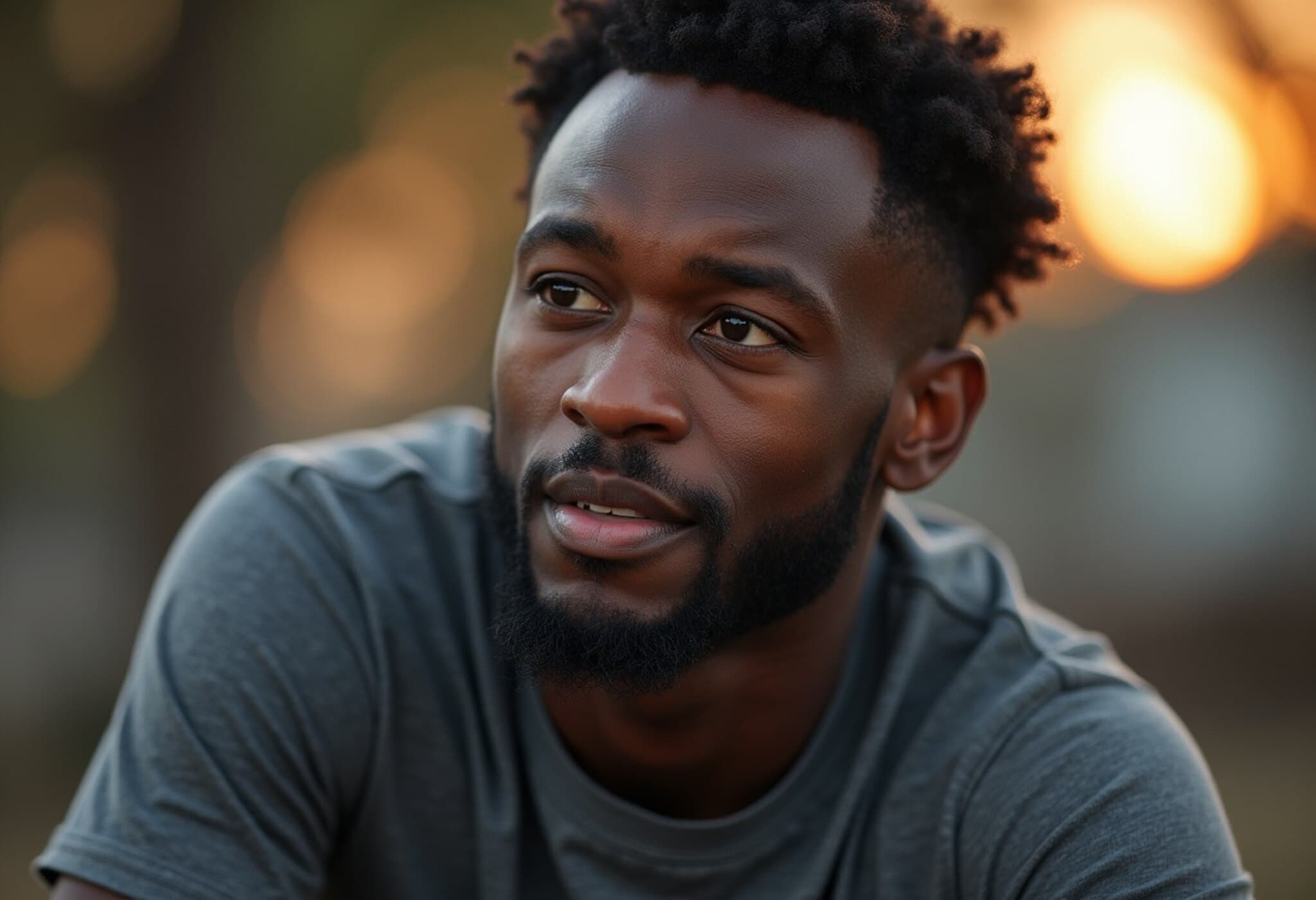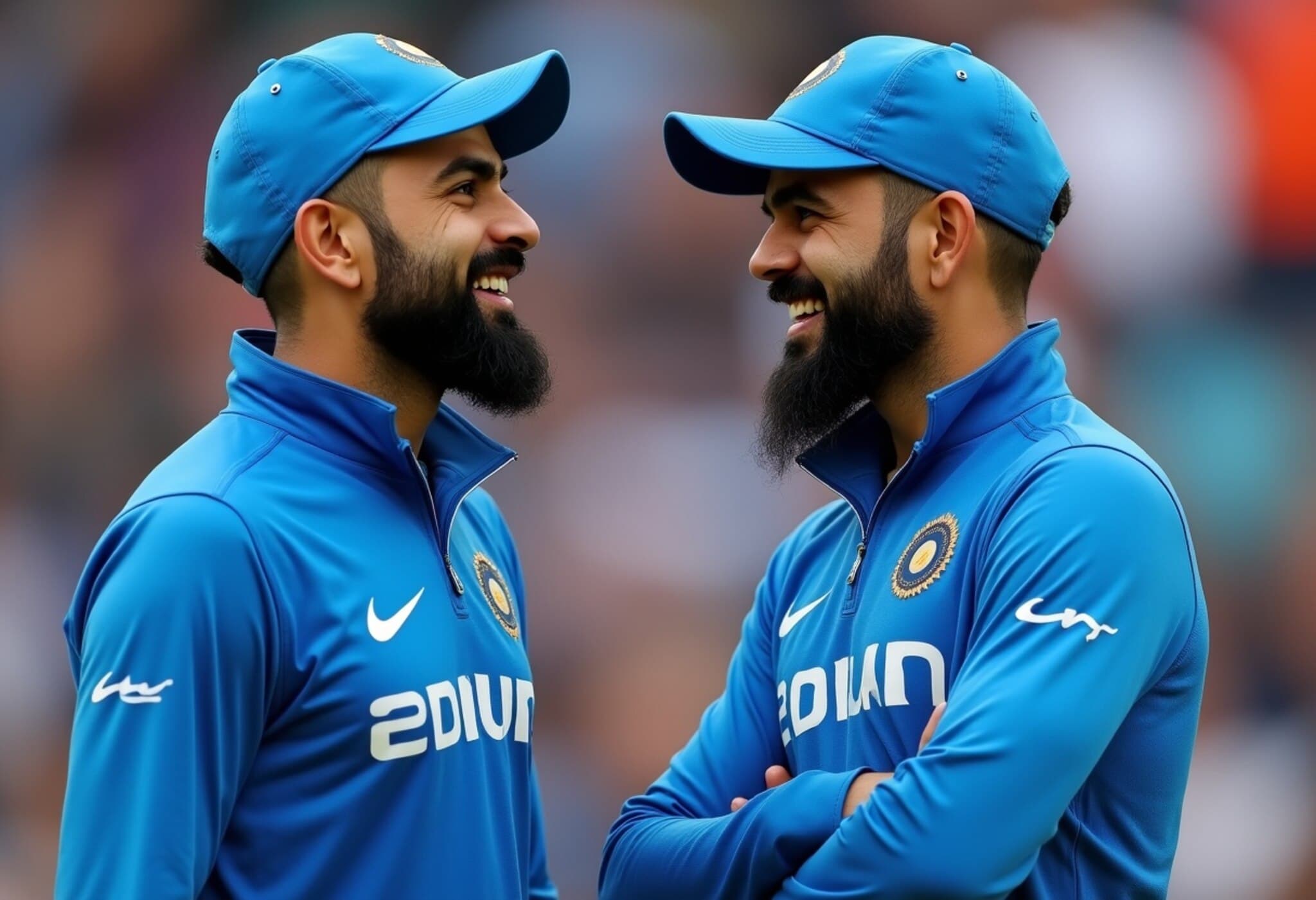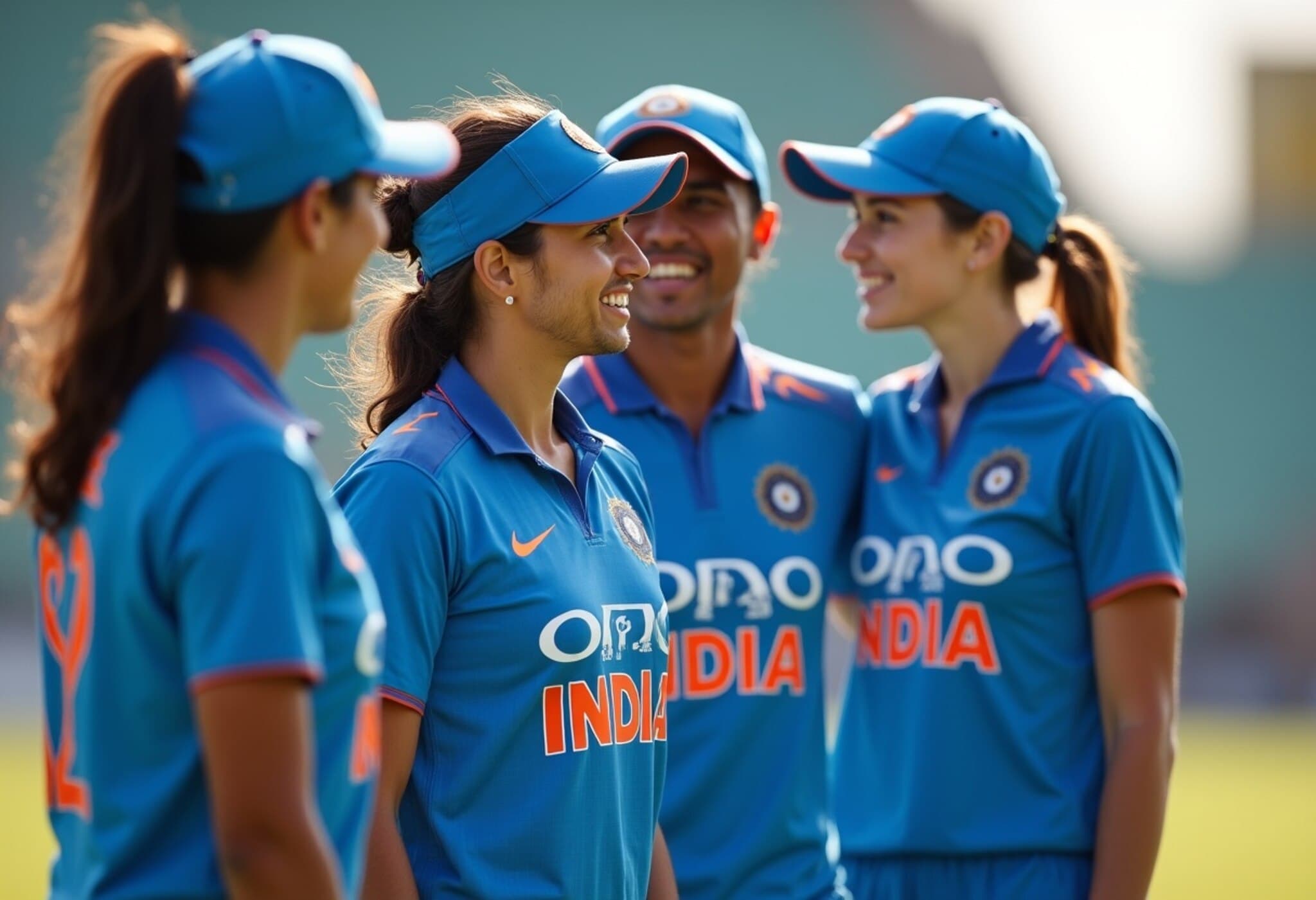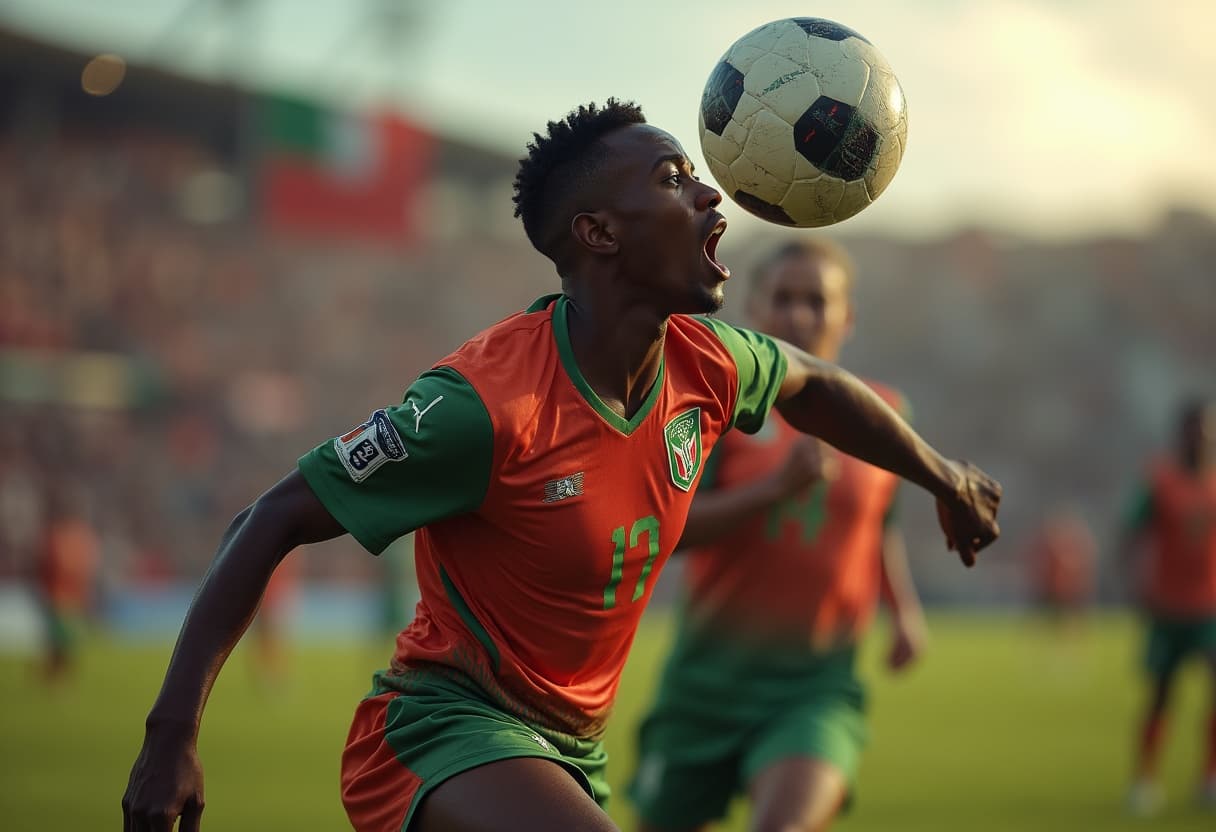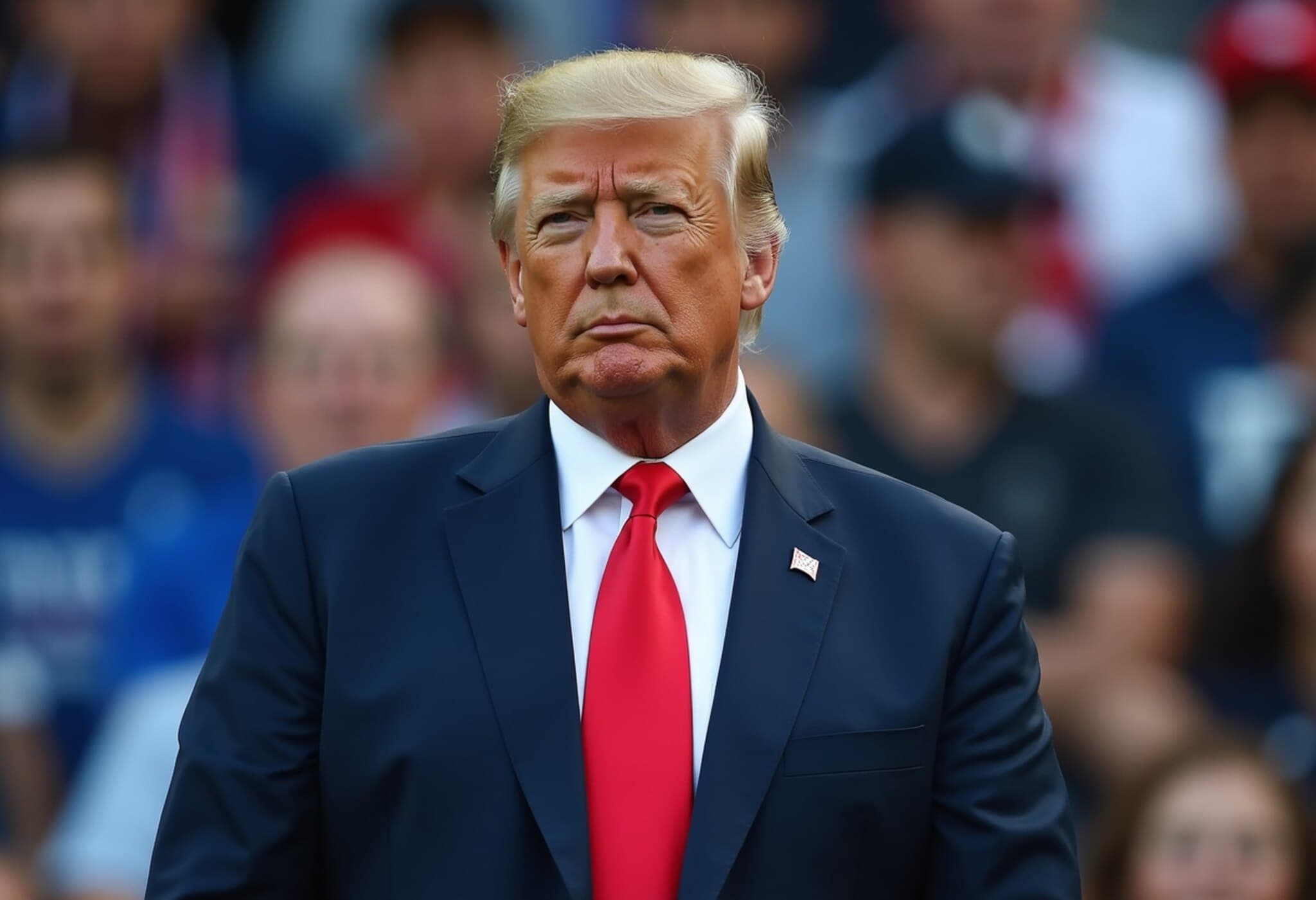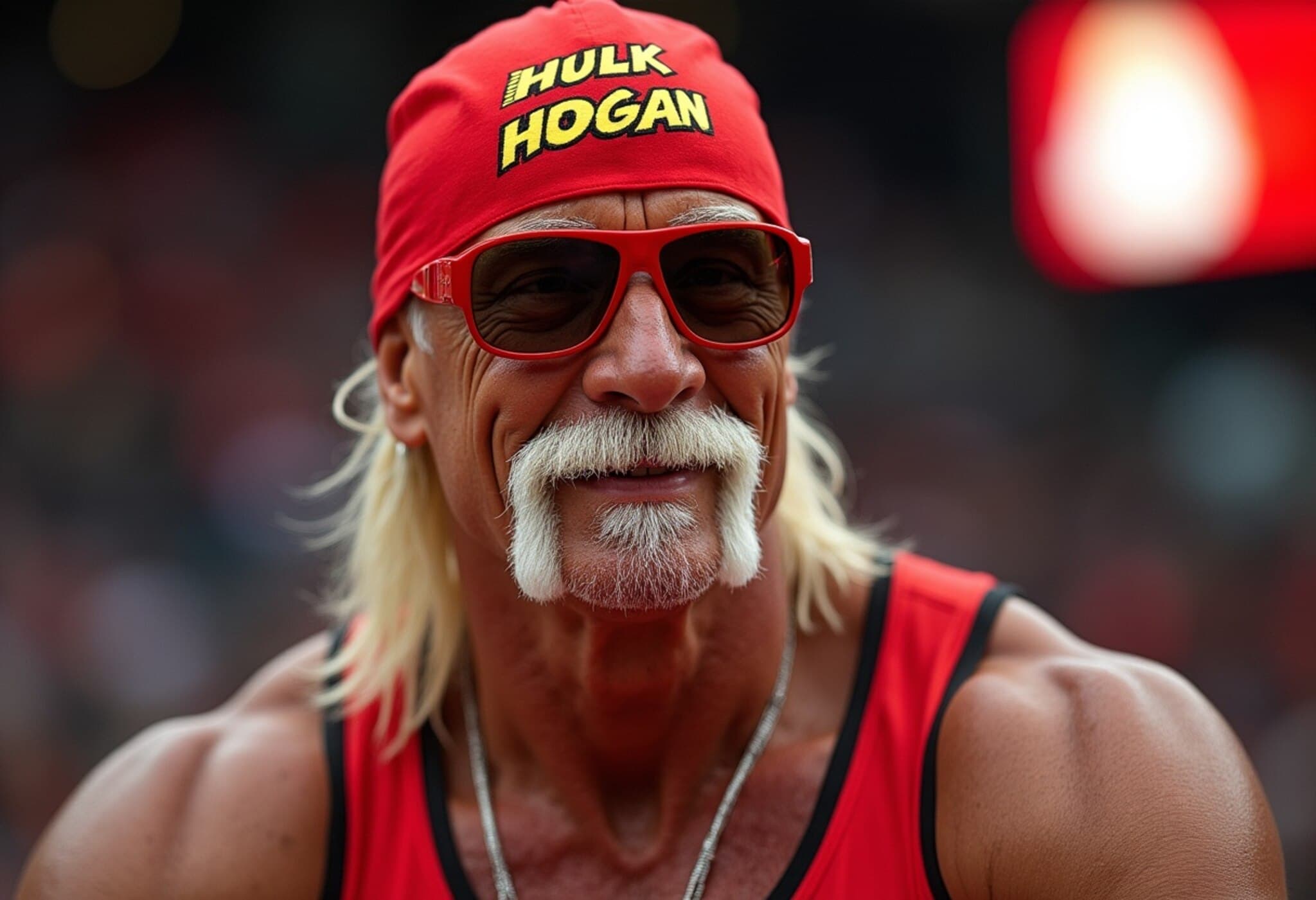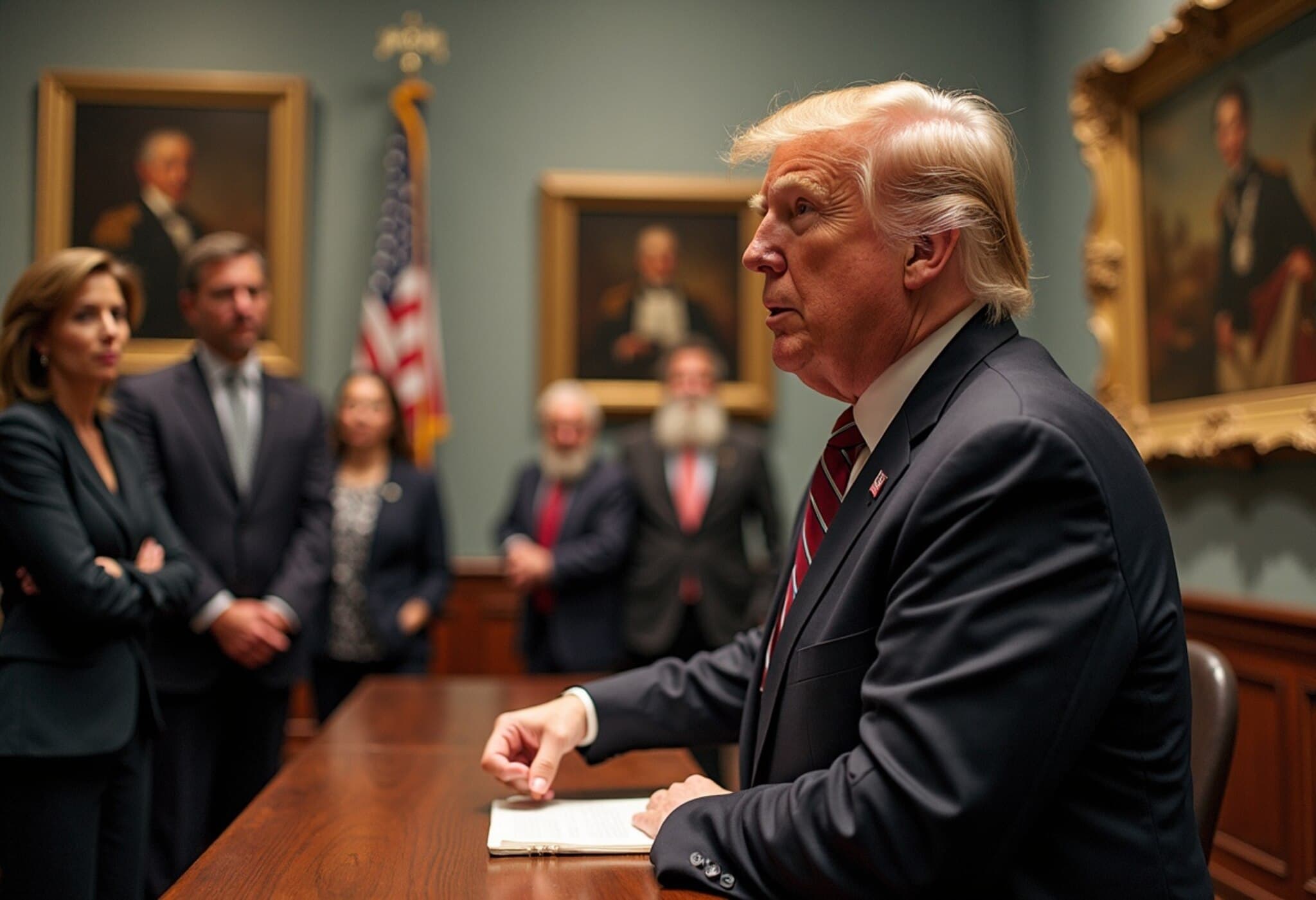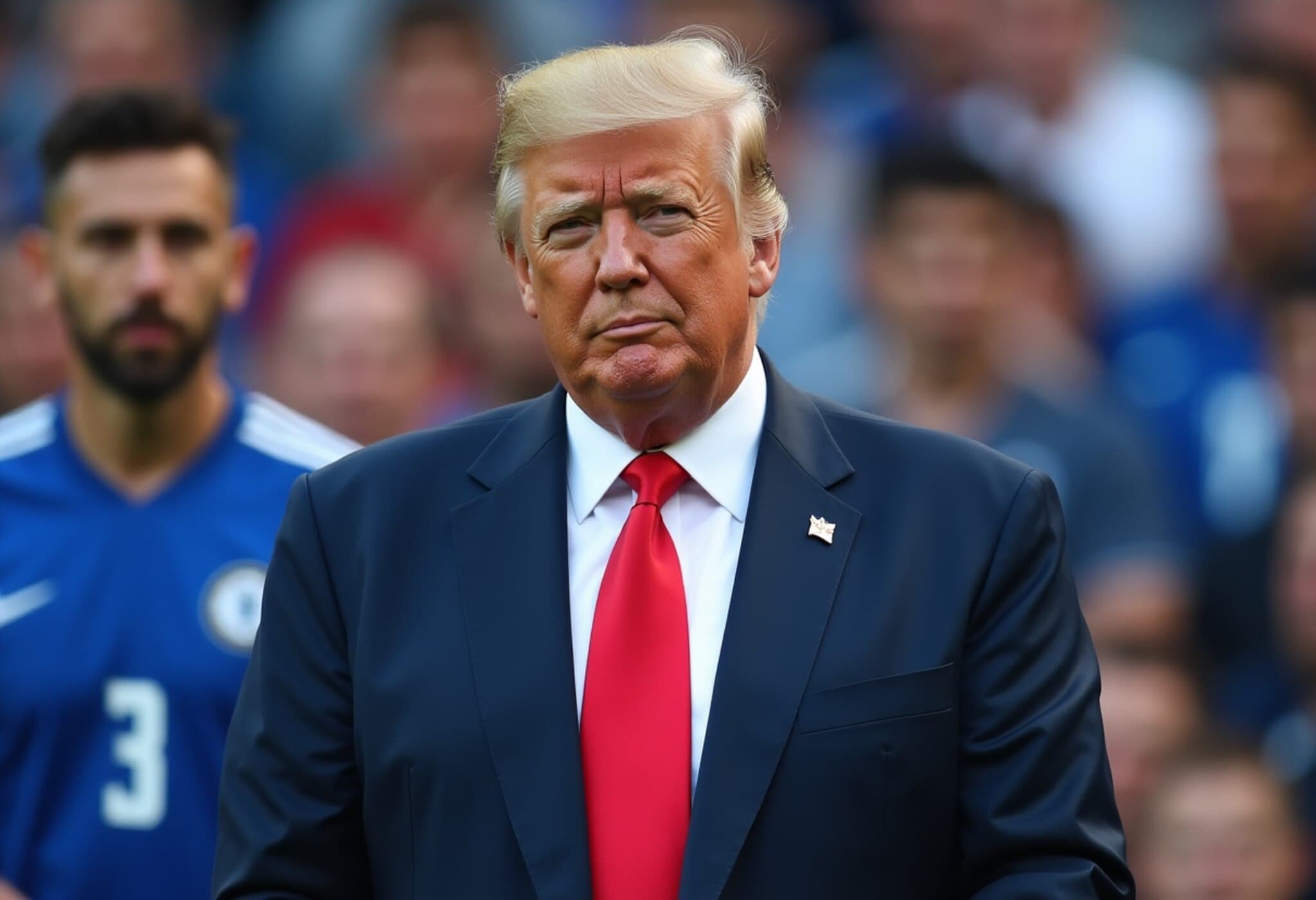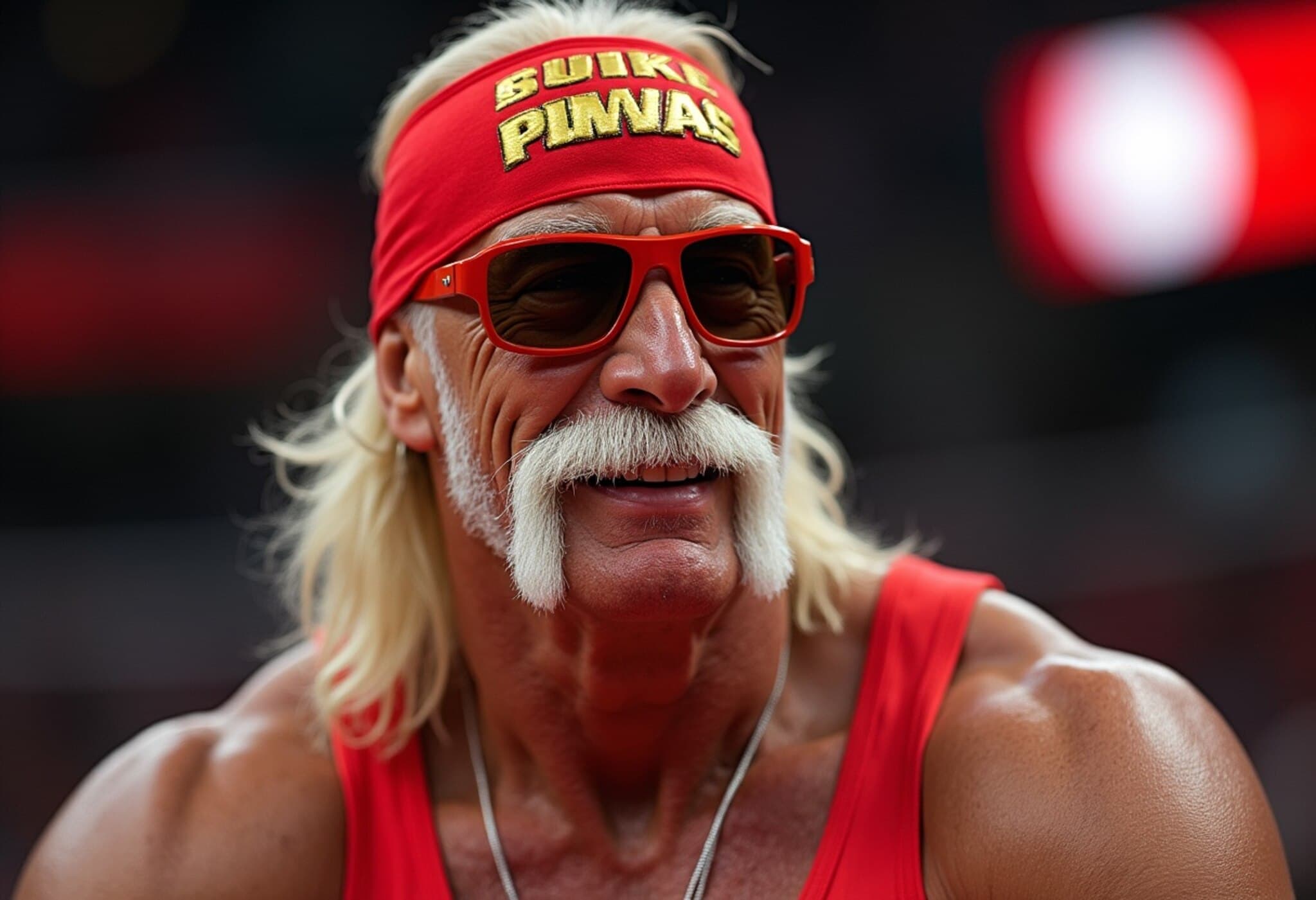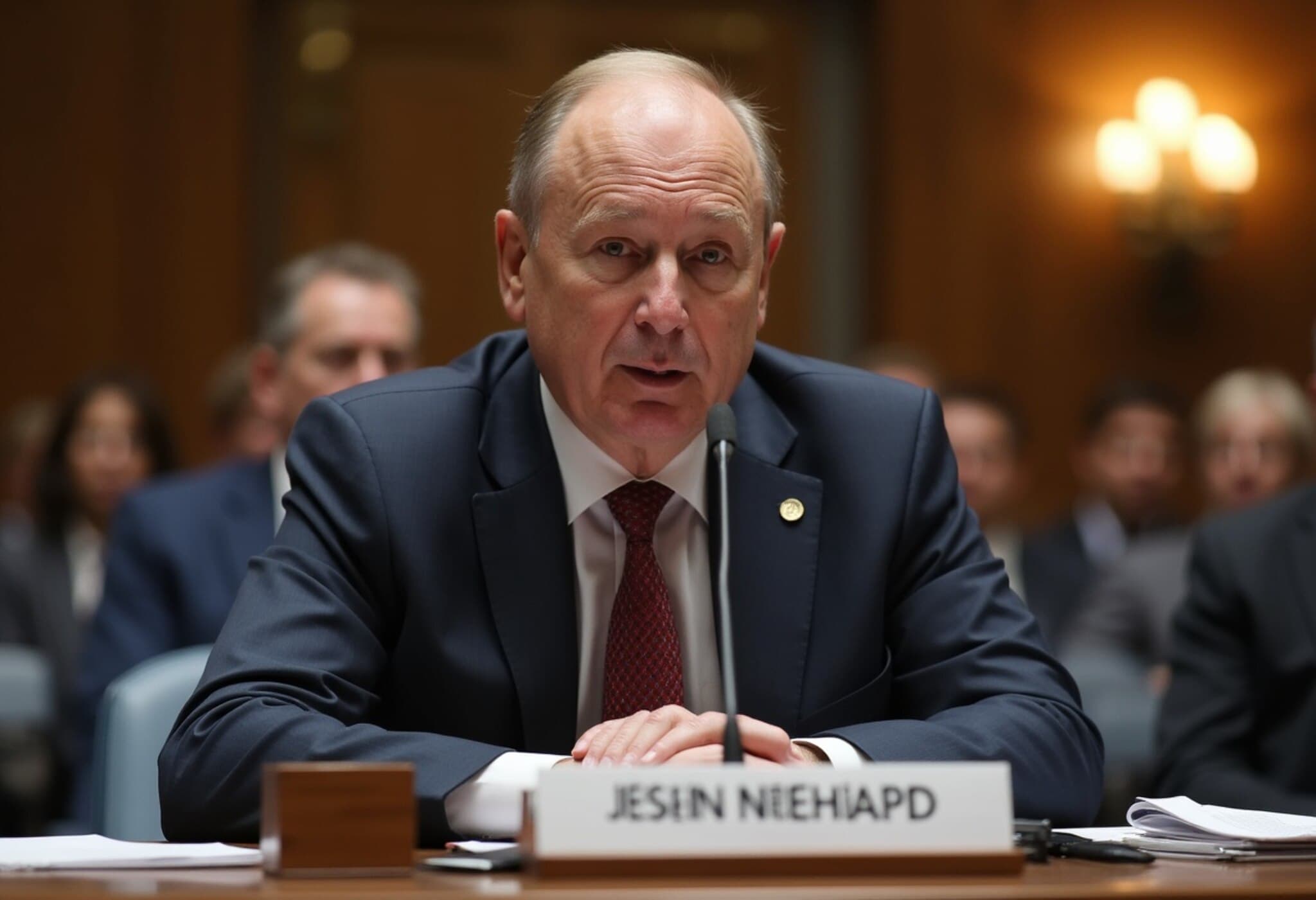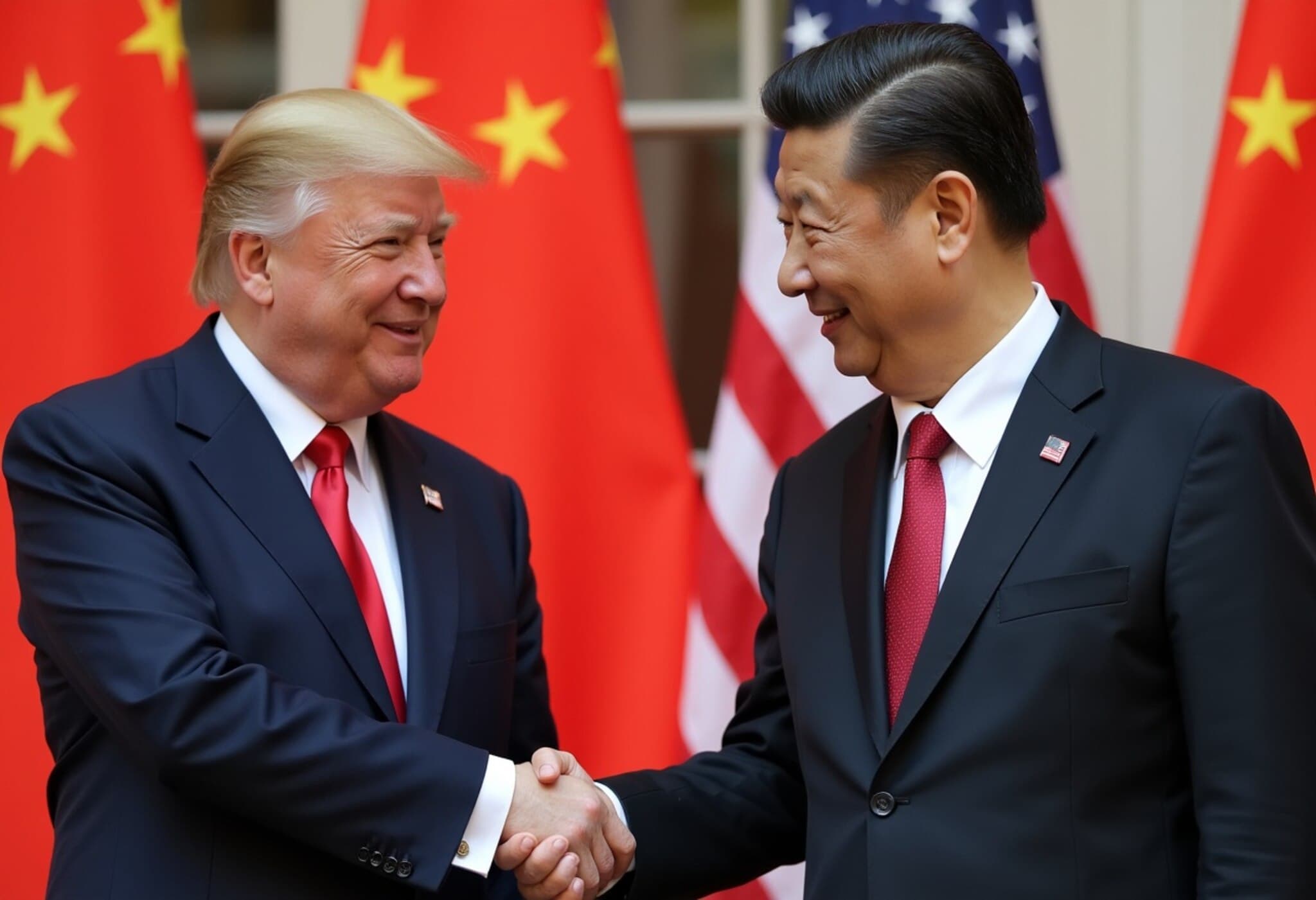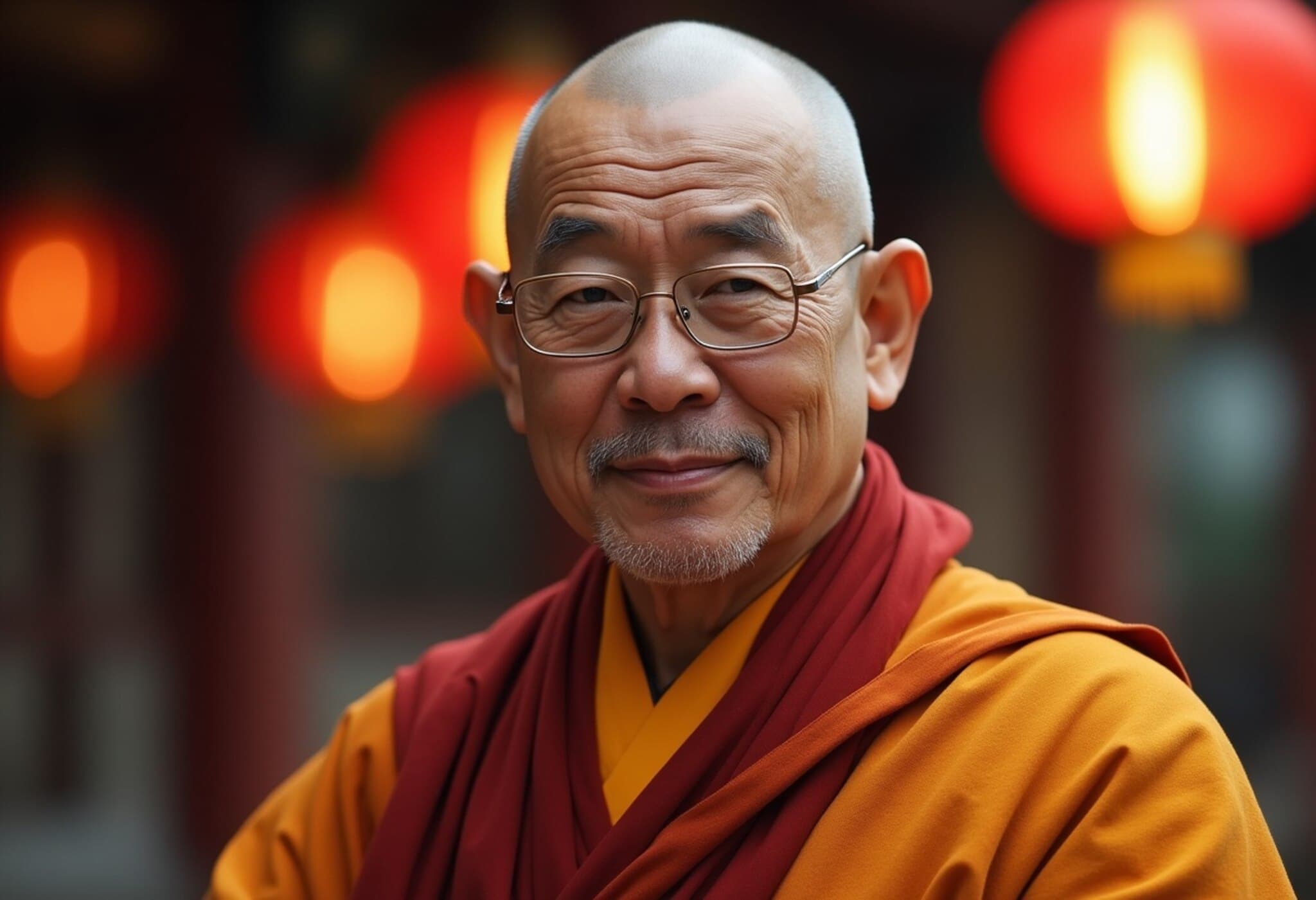Trump Demands Return to 'Redskins' Name for Washington Commanders Stadium Deal
In a move stirring renewed debate over sports team names and Native American cultural representation, former US President Donald Trump announced he might block a new stadium deal for the NFL's Washington Commanders unless the team reinstates its former name, the Washington Redskins. The name was retired in 2020 amid growing pressure citing its offensive nature towards Native American communities.
Posting on Truth Social, Trump asserted there was a "big clamoring" among fans and others for the team to revert to its original name. “If they don’t change the name back to the original Washington Redskins and get rid of the ridiculous moniker Washington Commanders, I won’t make a deal for them to build a stadium in Washington,” he wrote. Trump added that the team’s value would significantly increase if they reverted to the previous name.
Background: The Name Change and Its Controversy
The Washington Redskins name was changed following decades of criticism from Native American groups and a broader societal reckoning with racial injustices and stereotypes in sports. In 2020, the team temporarily adopted the neutral name Washington Football Team, before rebranding as the Commanders in 2022.
Earlier this year, local authorities proposed a multi-billion-dollar plan to construct a 65,000-seat stadium on the site of the historic RFK Stadium, with officials urging an expedited approval process amidst active public discourse.
Trump’s Broader Campaign Against Native American Mascot Changes
Trump has echoed similar demands targeting other sports franchises. He urged Major League Baseball’s Cleveland Guardians to revert to their former name, the Cleveland Indians, claiming that Native Americans overwhelmingly support this reversal to preserve their heritage and prestige.
However, these claims have been strongly contested by Native American leaders and researchers. Mark Macarro, president of the National Congress of American Indians (NCAI), dismissed Trump’s assertions, emphasizing comprehensive research that documents the psychological harm caused by Native-themed mascots. “We have our studies, we have our receipts, and we can demonstrate that this causes real harm,” Macarro said. He warned that such rhetoric represents a backward step in ongoing efforts toward respectful representation.
Scientific Evidence on Native Mascots’ Impact
Academic research highlights that Native-themed sports mascots correlate with elevated rates of depression, self-harm, and substance abuse among Native American youth. Since 2001, the American Psychological Association has advocated for the discontinuation of these mascots.
Experts like Dr. Steph Cross, a psychologist and Comanche Nation citizen from the University of Oklahoma, explain that the issue transcends mere offense. “That’s a symptom,” she notes. “The bigger problem is how these mascots shape bias even among those who work with Native children.” Psychologist Stephanie Fryberg of Northwestern University, affiliated with the Tulalip Tribes, stresses that true respect involves ending dehumanization not only in imagery but in policy.
Current Landscape and Community Reactions
Despite progress, resistance remains. Teams such as the NFL's Kansas City Chiefs and NHL's Chicago Blackhawks continue to employ Native-themed names and symbols. While the Chiefs have banned offensive fan attire and face paint, traditions like the “tomahawk chop” chant persist and continue drawing criticism.
Across the United States, over 1,500 schools still use Native-themed mascots. Some states including New York, Oregon, and Washington have legislated bans, but similar efforts in places like Illinois have stalled. The U.S. Department of Education has also launched investigations into school districts retiring these mascots, highlighting the challenge of navigating cultural respect in education settings.
Education and the Broader Cultural Narrative
University of Washington professor Sarah Shear highlights a critical gap: Native American history is often taught only in a historical context prior to 1900. This omission fosters misconceptions, allowing outdated narratives about Native mascots to persist unchallenged. “I’m not surprised that Trump and others keep saying these mascots are tributes, when the curriculum never challenges those ideas,” she said.
As of now, the Washington Commanders have not issued a public comment on Trump’s latest statement.
Expert Commentary: A Complex Intersection of Identity, Economics, and Politics
This controversy illuminates a broader struggle over identity politics interfacing with business interests and cultural sensitivity. Stadium deals are often driven by economic considerations, but they increasingly intersect with ethical debates around racial stereotypes and respect for Indigenous peoples.
The framing of mascots and team names as mere tradition disregards the lived experiences of Native communities and the proven psychological impacts detailed by experts. Policymakers and franchise owners face growing pressure to reconcile financial incentives with social responsibility.
Furthermore, these debates reflect broader questions about the role of sports in shaping cultural narratives and whether economic power should dictate respect for minority groups' identities and histories.
Editor’s Note:
The Biden administration and other contemporary leaders have generally supported efforts to retire Native American mascots and nicknames. Trump's demands to revert to controversial team names revive painful conversations about cultural respect, identity erasure, and the economic leverage intertwined with these issues.
As stadium proposals advance and public debates intensify, one central question remains: How can sports institutions balance tradition, fan loyalty, and profit motives with advancing social justice and honoring Indigenous peoples’ rights?
For readers and policymakers alike, this evolving story signals the importance of informed dialogue grounded in empathy, evidence, and cultural understanding.

